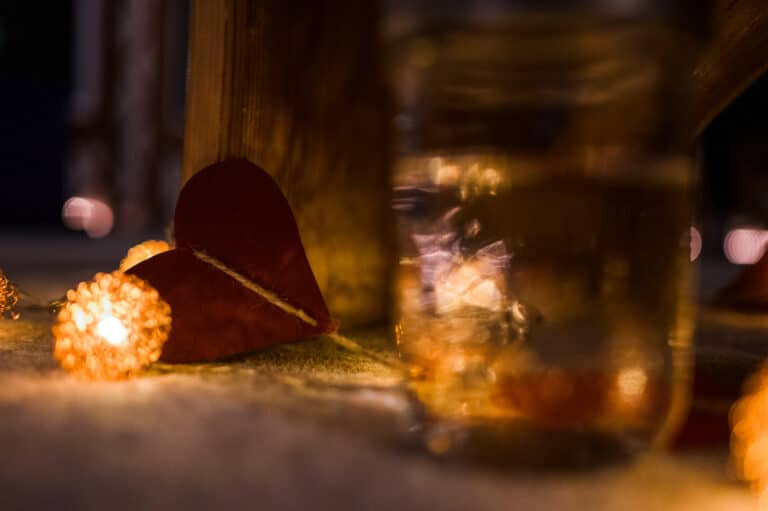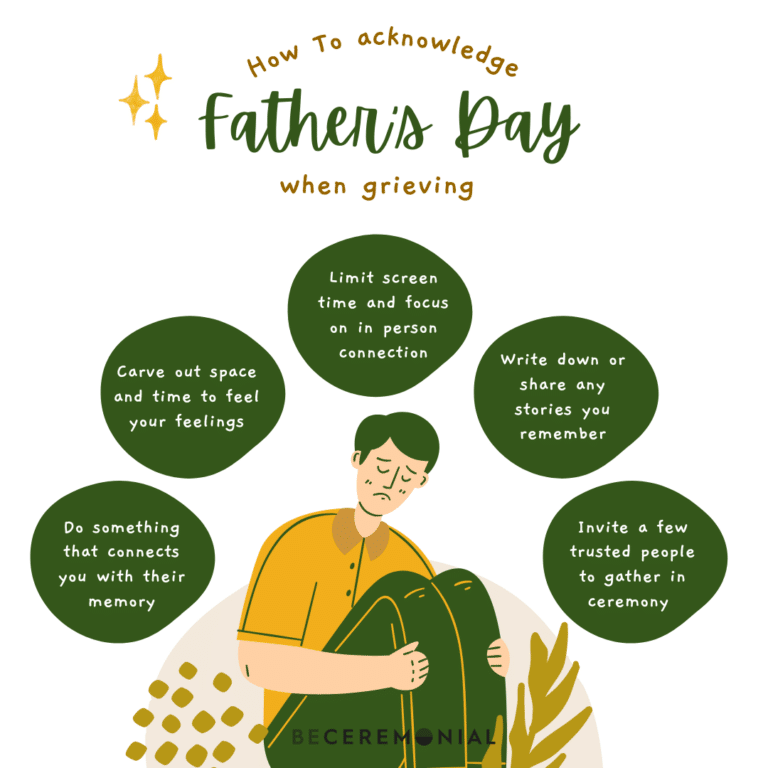
The conversations around men and grief often go unmentioned in our modern society, especially when it relates to pregnancy and infant loss.
This is something Cody Richard experienced first hand when he lost his first, and only, child in a TFMR pregnancy loss due to maternal health in 2018. “Society has pretty successfully silenced conversations and support for grief in men, especially when it comes to pregnancy loss,” shares Cody as he reflects on the loss of his son, Paris.
Mothers are often given more permission to grieve and express their emotions, yet due to gender expectations and lack of understanding, men are not always given a framework or setting to express their grief.
Men and Grief
In the article How to Support a Grieving Man, they state, “Depending on cultural expectations, men may deal with grief more quietly and tend to keep their emotions to themselves. It doesn’t mean they don’t experience intense emotional pain like anyone else.”
While its true men may not feel the same permission to express their feelings, it isn’t a sign that they aren’t grieving. “My grief came second,” says Cody, “I had to switch into caretaker mode. I had to take care of my family.”
When the world stops turning, when the parent with the most intimate connection of carrying the child is not okay physically, mentally, or emotionally, the role of holding the family together often falls on the father or partner. As a result, their grief can feel secondary. There is little to no emphasis on the unique grief men experience, especially when it relates to the loss of a pregnancy. This upholds the cultural and societal messaging that men are expected to be the strong ones who hold it all together.
“There is evidence that men are more likely than women to remain silent or grieve in isolation, engage in action-oriented forms of grief expression, or lose themselves in distractions such as work or throwing themselves into a new relationship,” states J Scott Janssen in an article titled Understanding the Way Men Grieve. “So is the inward experience of grief really different for men and women? Or is the pain simply more likely to find expression along gender lines? Maybe the difference is not so much in the experience of grief itself but in how the pain of grief is absorbed, processed, and expressed, or what we typically call mourning.”
Invisible Grief and Ambiguous Loss
Reflecting back on his own experience when his son died, Cody shares that “there was constantly someone in the room, but nobody even acknowledged me. Dads just get forgotten.”
As time goes on, support for both parents begins to lessen, and days like Father’s Day can bring up those intense emotions yet provide little to no space for acknowledgement. “Father’s Day… two words that evoke so much emotion…a petulant reminder of what I have lost,” as shared by AJ Collette in their reflection A Father’s Day Dilemma.
While more and more dads are sharing their stories, and days like Bereaved Father’s Day being created to help bring awareness to the topic of dads and grief, the deep layers of cultural conditioning around men and emotions make it clear that there is more work that needs to happen in this space.
The Need for Ritual
In the podcast A Man’s Need for Ritual, William Ayot explores how rituals, which once routinely marked life events, have been lost, and with it a way for men to process their grief surrounding complex losses.
Those complex losses often surround experiences like pregnancy loss. And while the impact may seem less immediate, it’s a moment that changes the foundation of fatherhood. Making room for rituals, and providing a framework for the grief of fathers, begins with the intentional, and the purposeful decision to allow room for grief in whatever form it presents itself.

In the days and months following the loss of his son, Cody spent a lot of time building things and working with his hands. This work, while meeting a practical need, also provided an outlet for his grief that was more embodied.
“Even if you’re a private person,” he says, “you have to find a way to process your grief, a way that works for you. I wish someone would have asked me how I was doing. We need to talk about it. We need more people sharing their stories and offering tools for grieving. That’s how we start a movement.”
There is the misconception that rituals have to be big and elaborate to be meaningful. The attention is often put on big events and public displays of emotion, rather than the everyday ways fathers can draw on rituals to acknowledge their grief and loss. In the conversation Guys and Grief – Advice for Men Going Through Loss, it becomes apparent that the presence of ritual, especially the everyday ways of honouring and showing up, is how to create space for true healing and the ability to keep going.
There is no one size fits all when it comes to men, grief or the framework around ritualizing loss. Yet, there is, and continues to be, fathers who are showing up, supporting one another, and creating spaces for their unique grief to be told. And like Cody says, “It’s that little bit of empathy and that connection that goes a long way.”
Where to start?
- Create or gift a Father Loss ceremony to someone you know who is grieving or has a complicated relationship with fatherhood this Father’s Day.
- Check out The Pregnancy and Infant Loss Support Centre as they offer 1:1 and group support for partners and dads as it relates to pregnancy loss.
- Listen to the podcast Guys and Grief as they seek to break the silence on how men grieve.
- Glow in the Woods offers a collection of articles written by dads on grief and pregnancy loss
From all of us here at Be Ceremonial, we’re hoping this Father’s Day brings more opportunities to pause, reflect, and acknowledge whatever complicated emotions you might be holding.




